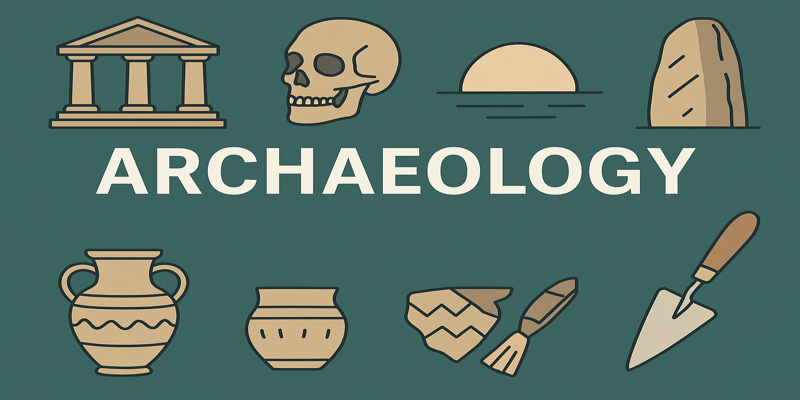Research is a foundational aspect of academia and professional inquiry, requiring rigorous refinement to ensure clarity, relevance, and feasibility. Refining research ideas involves several key strategies, including the Delphi technique, conducting preliminary studies, continually testing ideas, integrating concepts etc. This article discusses these strategies, providing insights into how researchers can effectively hone their research topics.
1.0 The Delphi Technique
The Delphi Technique is a structured communication method initially developed as a systematic, interactive forecasting method relying on a panel of experts (Linstone & Turoff, 1975). This approach is particularly effective for refining research ideas as it involves multiple rounds of questioning, with experts providing feedback and refining their responses based on the group’s overall input. The anonymity of responses is crucial as it allows for the free expression of ideas without the influence of dominant voices. According to Okoli and Pawlowski (2004), the Delphi Technique is instrumental in achieving a convergence of opinion on complex research topics, making it a valuable tool in the early stages of research.
2.0 Conducting a Preliminary Study
A preliminary study, or pilot study, is another crucial step in refining research ideas. This involves a small-scale version of the intended research or testing specific aspects of it (van Teijlingen & Hundley, 2001). The purpose is to identify potential problems in the research design, refine the research topics, and improve the overall approach. For instance, a pilot study may reveal that a particular research instrument is not as effective as anticipated, prompting revisions that improve the study’s validity and reliability. Preliminary studies also provide initial data that can help in refining hypotheses and research topics, ensuring that the final study is more focused and feasible.
3.0 Continually Testing Out Ideas
Research ideas are rarely static. They evolve as the researcher engages more deeply with the literature, collects data, and interacts with peers and experts. Continually testing out ideas is essential for refining them. This can involve informal discussions with colleagues, presenting ideas at conferences, or even submitting early drafts to supervisor for feedback. According to Creswell and Creswell (2018), the iterative nature of research, where ideas are constantly tested and refined, is vital for ensuring that the final research question is both original and significant. This process allows for the identification and elimination of weak or irrelevant ideas, sharpening the focus of the research.
4.0 Integrating Ideas
Integration of ideas refers to synthesising different perspectives and insights into a coherent research question. This is particularly relevant in interdisciplinary research, where concepts and methods from various fields need to be harmonised. According to Eisenhardt (1989), successful integration often requires a deep understanding of each field’s theories and methodologies. By drawing on diverse perspectives, researchers can create more comprehensive and innovative research tilles that address complex problems more effectively.
5.0 Refining Topics Given by Organisations
In many cases, researchers, particularly those in applied fields, are provided with broad topics by their organisations. Refining these topics into manageable research topics is a critical skill. This process involves clarifying the organisation’s needs, identifying the most pressing aspects of the topic, and narrowing the focus to a specific, researchable question. According to Bryman (2016), the refinement process should consider the organisation’s goals, available resources, and the potential impact of the research. By aligning the research question with the organisation’s strategic objectives, researchers can ensure that their work is both relevant and valuable.
Refining research ideas is a dynamic and iterative process that requires a strategic approach. Whether using structured methods like the Delphi Technique, conducting preliminary studies, testing and integrating ideas, or refining organisational topics, researchers must engage deeply with their subject matter. These strategies ensure that the final research question is clear, focused, and capable of making a significant contribution to the field.
References:
Bryman, A. (2016) Social Research Methods. 5th ed. Oxford University Press.
Creswell, J. W., & Creswell, J. D. (2018) Research Design: Qualitative, Quantitative, and Mixed Methods Approaches. 5th ed. SAGE Publications.
Eisenhardt, K. M. (1989) “Building Theories from Case Study Research”. Academy of Management Review. 14(4), pp. 532-550.
Linstone, H. A., & Turoff, M. (1975) The Delphi Method: Techniques and Applications. Addison-Wesley.
Okoli, C., & Pawlowski, S. D. (2004) The Delphi method as a research tool: An example, design considerations and applications. Information & Management. 42(1), pp. 15-29.
van Teijlingen, E., & Hundley, V. (2001) “The Importance of Pilot Studies”. Social Research Update. 35(3), pp. 1-4.













